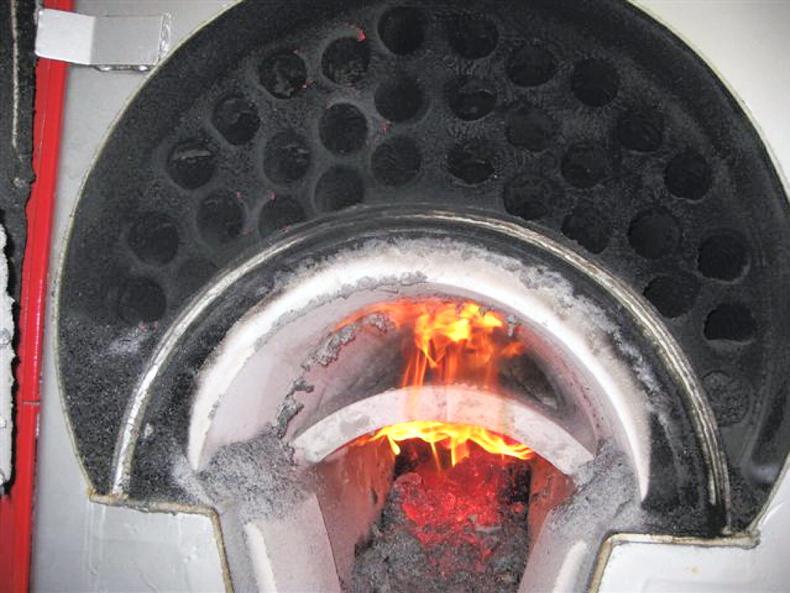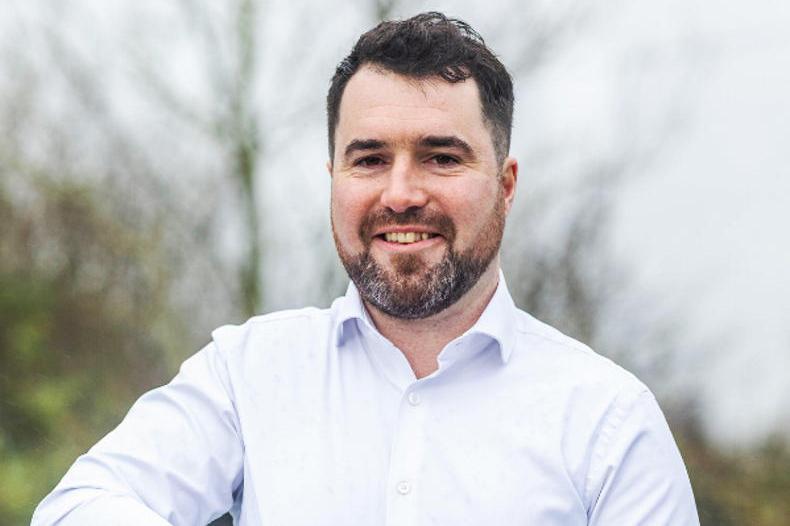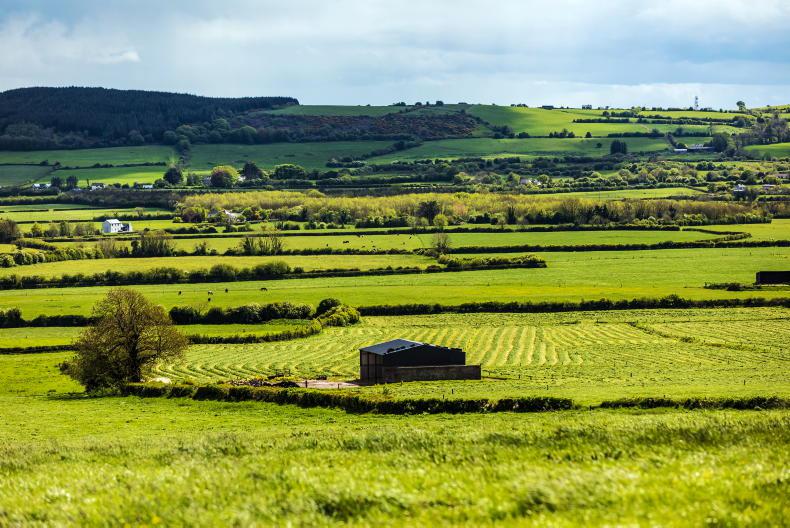There remains a huge variation across the UK and Ireland in the financial incentives that are available for renewable heat production.
Tariff rates under the NI Renewable Heat Incentive (RHI) were set for the 2020-2021 financial year last week.
The most common RHI installation in NI is a 99kW biomass boiler and a payment of 1.8p/kWh is available for the first 1,314 hours each year, with no tariff paid thereafter. It leaves the maximum annual RHI payment for this type of boiler at £2,340.
Someone who joined RHI in Britain before July 2014 would still be receiving an annual payment of £18,236, according to the RHANI analysis
Calculations by the Renewable Heat Association for NI (RHANI) indicate that a new entrant to the RHI scheme in Britain would receive £9,920 and €17,584 would be paid through a similar scheme in the Republic of Ireland.
Someone who joined RHI in Britain before July 2014 would still be receiving an annual payment of £18,236, according to the RHANI analysis.
The figures are based on a 99kW biomass boiler producing 320,000kW each year (37% load factor), which is understood to be the average usage under the RHI scheme in NI.
Independent review
A review of RHI tariffs has been conducted by independent consultants for the Department for the Economy (DfE). It follows an inquiry by a committee of MPs last year which concluded that the cuts to RHI tariffs in NI were “far too low” and resulted in “a raw deal” for scheme participants.
However, a DfE spokesperson told the Irish Farmers Journal that the current RHI tariff rates in NI have not been influenced by the independent review.
The report into hardship will also be considered by the Executive before its findings are made public
“These tariffs do not relate to the independent review of the tariffs carried out by Cornwall Insight, the results of which are to be considered by the Executive before being published,” the spokesperson said.
The outcome of a separate review into cases of financial hardship among RHI claimants by independent energy consultant Andrew Buglass has also been delayed.
“The report into hardship will also be considered by the Executive before its findings are made public,” the DfE spokesperson confirmed.









SHARING OPTIONS